- Str. Mihail Kogălniceanu nr. 1 Cluj-Napoca, România
- Tel: 0040-264-405300
- Fax: +40-264-405326
Border securitization remains a salient issue for many countries in the context of recent domestic and international political developments. Important waves of transnational migration, the management of post-conflict areas, problematic transitions to democracy, the spread of terror attacks, the emergence of unconventional threats have contributed to a broad debate about the direction and intensity of border securitization in contemporary societies. The meaning of border securitization changes over time, its causes are complex, its functions vary across settings and its consequences are often under-explored.
This conference brought together works addressing four elements of border securitization: the understanding, causes, functioning and consequences. The event gathered 20 researchers from Georgia, Germany, Hungary, Spain, Republic of Moldova, Romania, Russia, Serbia, Ukraine and the United States of America working on these topics in order to facilitate the knowledge sharing and a better understanding of current events. The event was balanced between established academics, early career scholars (PhD candidates may also apply) and practitioners. The papers were both theoretical and methodological and focused extensively on the development in the field of border securitization.
Several topics addressed by the papers included:
Migration and border securitization;
The role of international actors in shaping border securitization;
Territorial rivalries and geopolitical challenges;
Border securitization and national security;
Border management and international cooperation;
The impact of terrorism or unconventional threats on border securitization.
